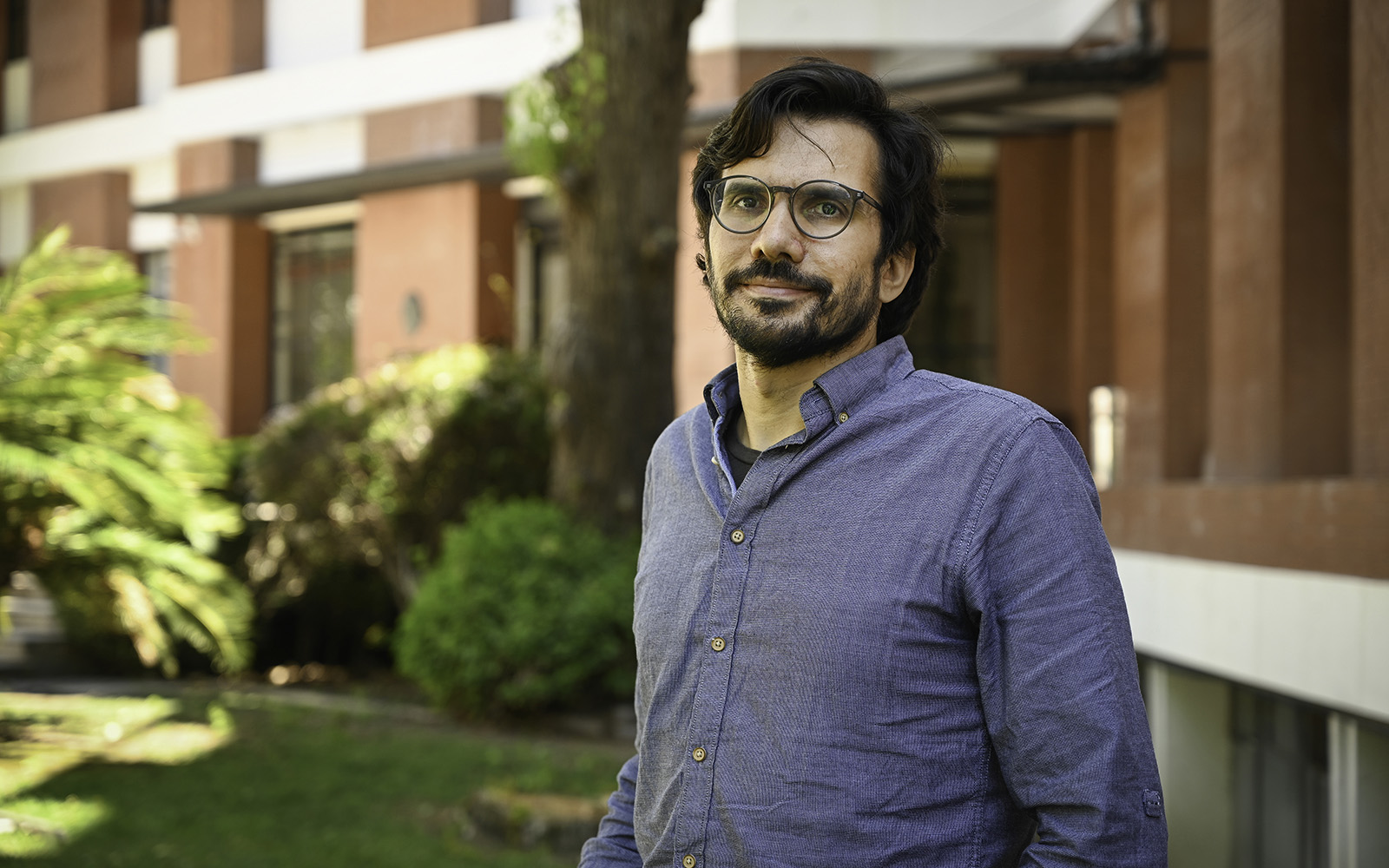IGC hosts its first EU-LIFE Visiting Postdoctoral Seminar

The IGC hosted the first seminar in the context of the EU-LIFE Visiting Postdoctoral Seminars. This initiative creates opportunities for postdocs to visit other EU-LIFE institutes and give a talk about their work and their future directions as independent researchers. The participants also get the chance to network at an international level and boost their career profile.
EU-LIFE is an alliance, which IGC is part of, that gathers fifteen renowned European research centres in life sciences. Together they join forces to better address complex questions in research, training, and research management, thereby contributing to pushing European science forward.
Luís Ribeiro from the Catholic University of Leuven, in Belgium, visited IGC and we get to know him better.
What do you study?
Luís Ribeiro (LR) – I moved seven years ago to Leuven, in Belgium, to study the mechanisms that neurons use to control the surface abundance of synaptic receptors in neurons. We discovered a receptor that is responsible for making sure that other receptors are at the right location at the synapse. If this is compromised, transmission between the cells that compose the brain will not work properly. We study the mouse brain to understand in detail how this works, by obtaining cells from the hippocampus and cortex regions and putting them in a petri dish.
How can this opportunity impact your career?
LR – I applied to the EULIFE Visiting Postdoctoral Seminars in 2019. That was back when I was trying to find an independent position in Portugal. I spent my career in places far from Lisbon and I do not know much about the science that is going on in the area, including in the IGC. And I thought this was a very good opportunity to understand the science that is done in Portugal and meet groups that are already well established here. This could eventually help me start my independent career.
What are your expectations from this visit?
LR – I wanted to actually visit the institute and understand a bit better what is the science that is done here. Meet the people that work here and see the place, to have a good idea of it. Soon I will start my independent position in the University of Coimbra, and I think it will be good to have a more defined idea about the science that happens here, because it can help me to setup some collaborations. So far, my first impression is really good. The place is really beautiful, and everyone is very open. I am really enjoying it.
What are the main professional challenges you currently face?
LR – After a very long postdoc it is very difficult to make the transition into an independent career. This is a problem that all the postdocs feel at some point. But that worked out for me, luckily. I am still overwhelmed with what I still need to do from my postdoctoral studies and just thinking about how to start or initiate things for an independent position makes me a bit agitated. I think this is where the help of more experienced researchers will be very useful.
Why did you choose to come back to Portugal?
LR – I chose to come back mostly for personal reasons. This is a bit too personal but maybe it can inspire people. Some time ago, I was actually really sick. After that, I decided that I should only do things that make me happy. Because I am very passionate about science and it is what I really love doing, I decided to give it a try and come back to Portugal, doing what I love to do but in the place that I like, next to the people that I care.
